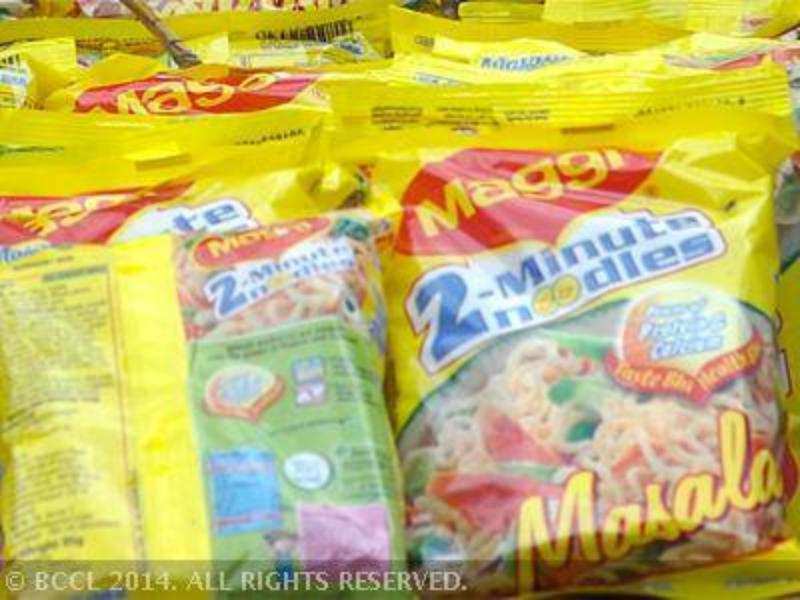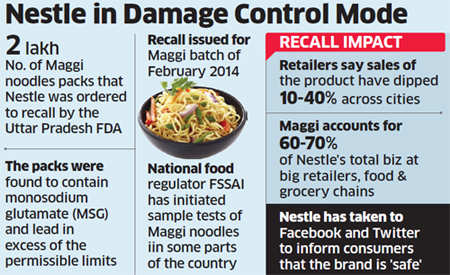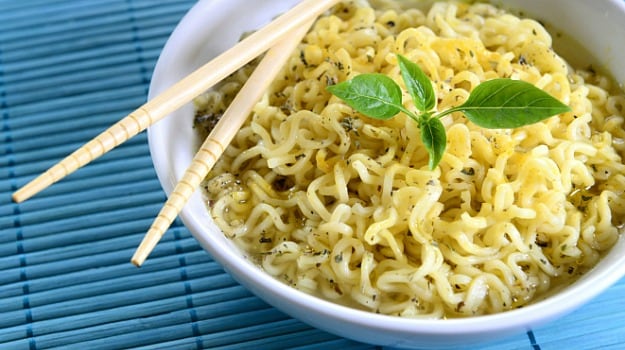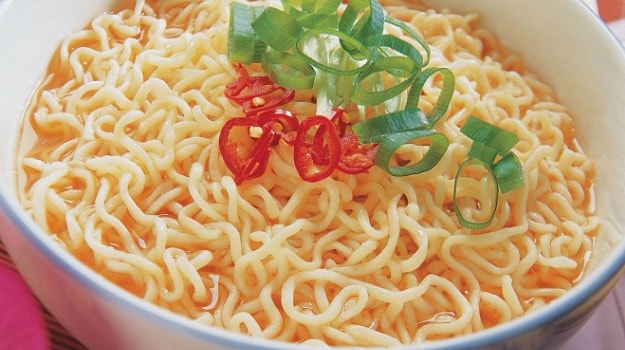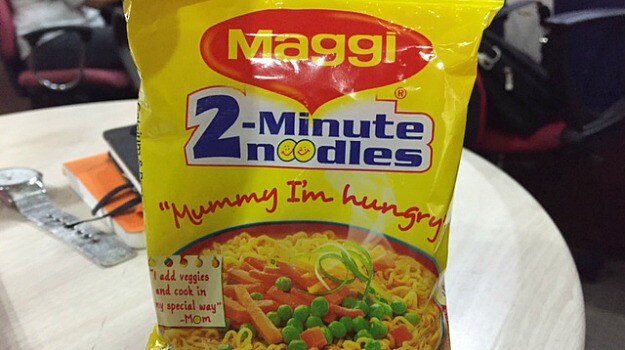New Delhi
In a first-of-its-kind move apex food authority Food Safety and Standards Authority of India has acted tough on energy drinks by withdrawing their No Objection Certificate (NOC) and issuing a recall.
In this regard, though FSSAI does not have standards for energy drinks, the primary argument put forth by the authority to initiate the action was ‘irrational combination’ of unrecognised ingredients such as ‘ginseng’ along with excess amounts of caffeine, which is not fit for health.
While experts feel such measures are of not much use in the absence of standards as the problem will persist, FSSAI has withdrawn NOC to energy drinks that go by the names Monster, Tzinga, and Cloud 9. The order has asked the companies to stop manufacturing, sale, distribution, import and recall such products in India.
Interestingly, other leading names like Red Bull, Coca Cola Burn, and Bisleri Urzaa remained out of the net as they do not contain ginseng herb. Yet, their caffeine quantity is under scanner and it is not clear whether these products have been tested and cleared.
As for the products whose NOC has been withdrawn, though a recall has been ordered the process seems to be slow as action is being taken against only some of them in some states. For instance, Food and Drug Administration (FDA) in Maharashtra has reportedly seized cans worth Rs 3.9 lakh of an energy drink from a local mall, recently. Officials stated that the raid was conducted since the report of Food Safety & Standards Authority of India (FSSAI) was out. Officials seized 3,930 cans of the energy drink worth Rs 3.75 crore.
Meanwhile, other states like UP are not taking any such action and waiting for the orders. Vijay Bahadur, assistant commissioner, food safety, UP, informed that if FSSAI asked the companies to recall the product, the state agency would ensure that it happened.
The background
The apex food authority in its letter on May 8, 2015, observed that rationale for combination of ginseng and caffeine, projected as flavouring agent is not approved by FSSR and is misleading in these energy drinks. Further in case of Monster Energy Absolutely Zero, the authority found it carbonated, caffeinated, along with ginseng extract and have opposing effect on human body.
Further the letter to Monster says that one can (475 ml) of Monster Energy Zero was found to contain vitamins B2, B3, B6 and B12 in excess of the recommended daily intake. Apart from ginseng and caffeine, the product also contains Taurine and L Carnitine, two amino acids, in violation of Section 22 of the Food Safety and Standards (FSS) Regulations, 2011. The use of L Carnitine and ginseng has to be specifically approved by FSSAI for use in such energy drinks. FSSAI also said in its letter to Monster that the company has not provided adequate supporting data for the products.
Earlier, FSSAI was to issue the letter withdrawing the NOC in September 2014. But the company managed to secure interim relief from the Bombay High Court in the same month. FSSAI challenged the interim relief in Supreme Court and the apex court finally issued the letter of withdrawal of NOC on May 8, 2015.
The apex food regulator has asked Monster to recall its products as they are declared unsafe.
As for Cloud 9, FSSAI has rejected NOC for pomegranate energy drink, red grapes energy drink, wild berry energy drink and premium energy drink. In its letter, the FSSAI wrote that the application for product approval for the above-mentioned have been examined. “Based on the 17th meeting of the scientific panel on functional food, nutraceuticals, dietetic products and other similar products, it was recommended that there is irrational combination of caffeine and ginseng. Thereby NOC issued to Cloud 9 stands withdrawn.”
The order further says that the company is advised to stop immediately the manufacturing, distribution and sales of the said product.
NOCs for energy drinks such as Tzinga Energy have been withdrawn on similar grounds.
Meanwhile, according to Centre for Science and Environment, energy drinks have been at the centre of controversy due to their high caffeine content, a strong psycho-stimulant which is marketed as an instant source of energy.
“High caffeine content can have life-threatening impact on blood pressure, heart and brain functions. The energy rush after consuming such drinks come from the sugars present in it, while caffeine only gives the impression of feeling energetic.”
Study on energy drinks
CSE a Delhi-based non-profit, in 2011, conducted a study on the safety of energy drinks such as Red Bull, Coca-Cola’s Burn, Cloud 9, Hector Beverages’ Tzinga, Monster Energy Ltd's Monster Ripper and three of JMJ group’s XXX energy drink brands—Rejuve, Nicofix and Minus.
Results revealed that 44 per cent of the samples breached the caffeine limit of 145 ppm set for carbonated beverages. Thirty-eight per cent of the samples breached the limit mentioned on the label and 25 per cent did not mention the caffeine content on the label.
As of now, India has not declared any standards limiting the caffeine content in energy drinks to be followed by the industry. As per a 2009 amendment in Rule 37-A (2) of the Prevention of Food Adulteration Act, 1954, “energy” drinks were to follow the caffeine cap of 145 ppm, as is applicable to carbonated beverages. A stay order was placed on the amendment in 2010 which led the industry to be largely unregulated, says CSE.
Later, FSSAI notified a draft regulation on April 18, 2013, with standards for total caffeine in caffeinated beverages to be not less than 145 mg/l and not more than 320 mg/l. As per the draft, energy drinks were to be categorised as caffeinated beverages.
It proposed that product labels must display a message recommending that the daily intake must not exceed two cans per day. It also required labelling to have a prominent display of caution, warning against consumption by children, pregnant and lactating women. It recommended packaging of energy drinks in 250 ml containers with no health and enhanced function claims.
CSE adds, till date, there has been no action or update on the status of these draft regulations. Detractors claim that consuming caffeine through tea and coffee is similar to that consumed through energy drinks.
But it is important to note that tea and coffee are consumed in smaller quantities and more slowly.
A can of energy drink has more caffeine and is consumed in higher quantity. When these are taken at one go, they are likely to cause sudden chemical burden on the body. It is, therefore, recommended that energy drinks follow a caffeine limit of 145 ppm.
Apart from their high caffeine content, concerns have also been raised about the consumption of these drinks with alcohol to counter drowsiness. However, scientific evidence shows that such consumption can impair cognitive function, increase probability of alcohol dependence and can affect other organs in the body.
CSE adds, the manufacturers claim that it is the combination of caffeine, taurine, glucoronolactone, vitamins, herbal supplements, and sugar or sweeteners that gives the energy. However studies show otherwise.
While it is the sugar that gives the energy rush, the caffeine only gives a 'feeling' of energy. There are studies to show health impacts of a few of the above stimulants, but hardly any long-term studies to show the effect of a combination of these stimulants in the drinks.
Energy drinks, a Rs 250 crore market growing annually at the rate of 20 per cent, is unregulated. They fall under the category of 'Proprietary foods' in the Prevention of Food Adulteration (PFA) Act of 1954. An amendment ensured that caffeine in energy drinks should be capped at 145 ppm, the limit that was set for carbonated beverages. However, Red Bull managed to get a stay order on the amendment and since then the energy drink market is expanding unregulated. The FSSAI is currently making regulations on energy drinks, says CSE.
